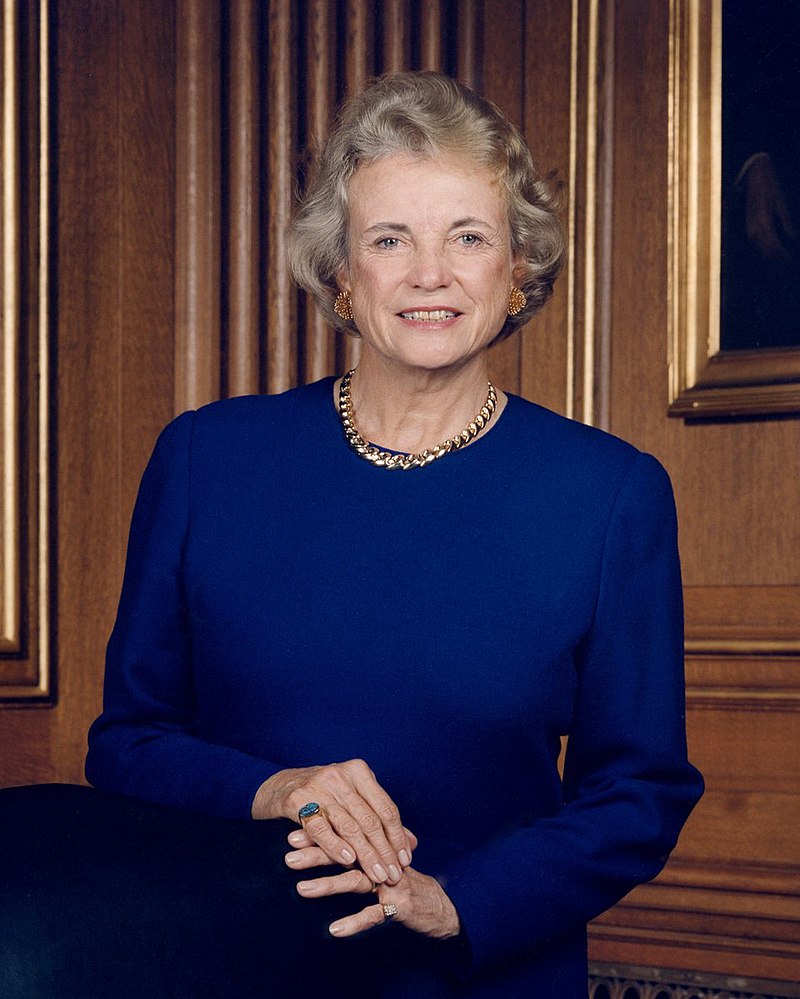On August 12, I attended a webinar hosted by The Heritage Foundation called A Conversation on the Successes of the Women’s Global Development and Prosperity Initiative (W-GDP). This was an informative and timely discussion, as panelists discussed the Trump Administration’s initiative, spearheaded by First Daughter and White House Advisor, Ivanka Trump, that was first launched in February 2019. Ivanka Trump has been at the forefront of women’s issues since the beginning of the Administration, and it is admirable as a young conservative woman to see the work she has done to empower women globally.
During the webinar, The Heritage Foundation’s Brett Schaefer, Senior Research Fellow in Regulatory Affairs, was joined by leading female leaders in the Administration who are working on the W-GDP’s pillars and implementation. Among these women were The Honorable Kelley Currie, Ambassador-at-Large for Global Women’s Issues at the U.S. Department of State; The Honorable Michelle Bekkering, Assistant Administrator for the Bureau of Economic Growth, Education, and Environment at the U.S. Agency for International Development; Lara Smith, Chief of Staff at Millennium Challenge Corporation; and Charity Wallace, Managing Director of Global Women’s Issues at the U.S. International Development Finance Corporation. These panelists outlined why empowering women in developing countries is crucial to achieving equality across the globe, as W-GDP works to eliminate the legal, regulatory, and cultural barriers that women face globally to achieving economic success.
Ambassador Currie kicked-off the panel by explaining the W-GDP’s purpose, as well as its three pillars and 10 agency action plans that were announced on August 11. The three pillars of the W-GDP’s implementation plan includes: women’s prosperity in the workforce, women’s entrepreneurial success, and women’s participation in the economy. The 10 agency action plans were recently rolled out in order to address the legal and regulatory barriers that challenge women around the world. These action plans will work to allow women across the globe to have access to capital and engage in entrepreneurial activity, which, according to Ambassador Currie, is the base of women’s empowerment.
The W-GDP Initiative has already reached 12 million women internationally in its first year, with a goal of reaching 50 million by the year 2025. “When women have equal opportunities, there is no limit to what they can do,” said Ambassador Currie.
According to Assistant Administrator Bekkering, the W-GDP initiative totals about $200 million. Through this fund, the W-GDP to date has already been able to work with 450 partners, as well as the governments of 60 countries worldwide. The inclusivity of all stakeholders is crucial to truly making the W-GDP successful.
Assistant Administrator Bekkering primarily focused her time on discussing the most recent addition to the W-GDP implementation plan — the third pillar. The third pillar is foundational across all pillars, as women’s participation in the economy must first happen in order for those same women to experience prosperity in the workforce and entrepreneurial success. Bekkering claimed that there are about 100 countries worldwide that have jobs reserved solely for men. In turn, these restrictions affect 2.5 billion women, keeping them from equal opportunities in the workforce. At the current rates of reform, without W-GDP, reform would take about 50 years to complete. “That’s just 50 years too long,” said Bekkering.
She lastly noted that other state actors are necessary to the leadership of this initiative, as it is not a task for just one state or one government. Therefore, they are working to increase collaboration among the U.S. government, the private sector, and civil society. These public-private partnerships are critical, specifically for women around the world, as they catalyze the strengths of the private-sector and allow the co-creation of opportunities.
Another panelist, Lara Smith from the Millennium Challenge Corporation, said about the W-GDP initiative, “Economies can’t succeed without directly investing in women.”
To conclude the panel, Charity Wallace explained it is projected that the result of the W-GDP Initiative and its three pillars will be an increase in GDP to up to $7.7 trillion, or 8.3% globally. “You cannot have a fully productive economy if you are not investing in women,” she said.
The W-GDP Initiative shows the collective strength of America and other countries to ensure that more women are economically empowered throughout the world by using financial tools to negotiate changes in the laws that prohibit women from fully participating in the economy. It is imperative that behavioral and systemic change must occur across the globe. This process is not just predominantly about passing laws, but also about promoting new behaviors, because without change in behavior or attitudes towards women’s participation in the economy, change will never occur.
This blog was written by Charlotte Townsend, NeW Communications Intern and Co-Founder of NeW at College of Charleston.




